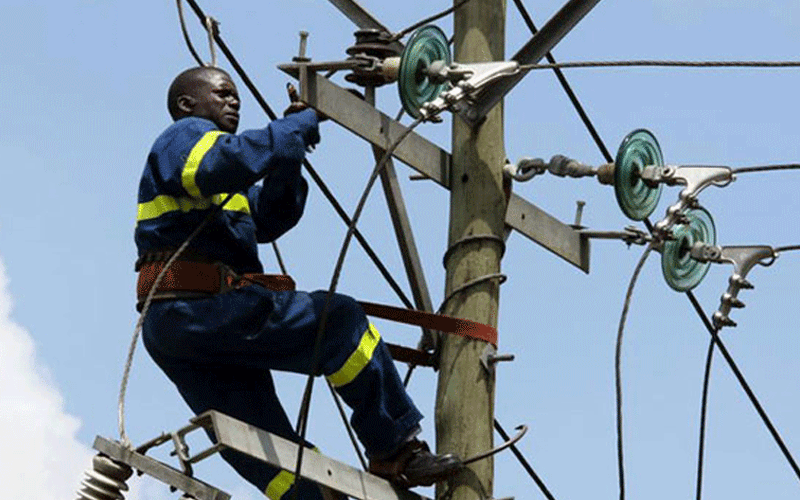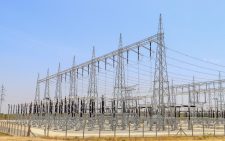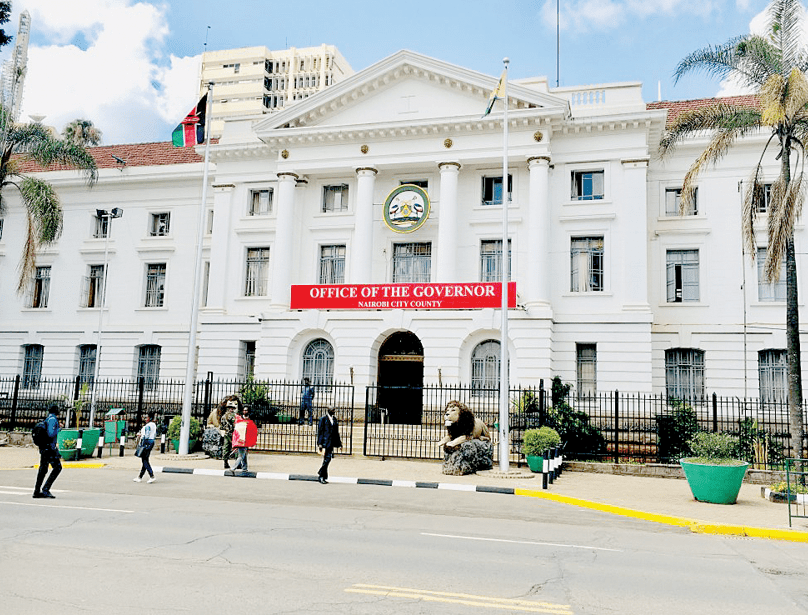Implement President’s order on cost of electricity

Whereas it is President Uhuru Kenyatta’s job to make far-reaching decisions routinely, the one he made this week ordering Kenya Power to review its purchase agreements so as to reduce cost of electricity was particularly poignant.
The cost of electricity, just like that of fuel, has a major impact on economic activity, especially industrial production.
Indeed, high cost of power is one reason foreign investors cite every time one wants to move operations from Kenya, say to Ethiopia, where electricity costs about Sh8 per KWh.
Countries like Egypt have even lower rates at Sh3 per KWh. At an average of Sh24 per KWh, there is no way Kenya can compete against Ethiopia and Egypt to attract big investors.
High power costs have, therefore, made Kenya uncompetitive as an investment destination, yet, with political goodwill, it is possible to offer better prices.
As such, by biting the bullet and ordering a holistic approach to pricing of power, Uhuru has struck a blow for both industrial and domestic consumers of electricity.
This is a major move – even more significant than reshuffling Cabinet, including those in the Energy Ministry.
It is worth mentioning, however, that putting a new Cabinet and principal secretaries in charge of the Energy Ministry will increase chances of the President’s directive being implemented.
I think the reshuffle was more of an imperative than a political manoeuvre.
This is because the incoming CS and PS do not have baggage or alliances at the ministry that will weigh them down when they start implementing the directive.
As such, they should also be able to re-organise troubled parastatals in the energy sector, beginning with Kenya Power, which has in recent weeks been rocked by leadership wrangles, including a demand by workers for the board to sack senior managers.
For too long, powerful interests have exerted undue influence on senior energy sector managers with the net effect of keeping power prices perennially high.
One of the side effects of this has been a low uptake of electricity in rural areas simply because with depressed incomes, electricity consumption ceases to be a necessity.
In July for instance, Kenya Power said rural households spend about a dollar a month on power.
This consumption is so little that it does not justify the heavy investment in infrastructure.
But rural households understand that using overpriced electricity does not make economic sense.
Of all their sources of energy, power was the most expensive until the cost of kerosene went up in September.
For government to give rural consumers incentives to use more power, it was necessary to order a review of prices throughout the value chain, not just at the meter.
This is what will spur industrial use of power in rural areas, say by encouraging families to pump water rather than fetch it and to use equipment like chaff cutters, which can in turn boost milk production, which will then necessitate the use of machinery like coolers as parastatals like KenGen have demonstrated at their geothermal plant at Menengai.
However, because contracts have perennially been skewed in favour of suppliers, consumers hardly enjoy any reliefs, even when there is a drop in world diesel prices.
Diesel, remember, is used to generate about seven per cent of the electricity that Kenya Power buys, yet this small fraction accounts for over 50 per cent of Kenya Power’s purchase costs.
Much of that power is generated by what is known in the energy sector as Independent Power Producers – and they have the prerogative of setting the price at which Kenya Power buys electricity. For instance, one such supplier earns Sh173 per KWh, while another earns Sh150 per KWh.
These, I believe, are some of the agreements that the President wants reviewed considering that KenGen charges Sh5 per KWh and at any rate, Kenya is already producing more electricity than it consumes.
Uhuru’s order is as important a legacy project as building an expressway because it means that industries – which are facing heavy overheads – have headroom to keep running. In turn, they will secure jobs and power economic activity.
Kenyans expect the President’s order to be implemented by December as recommended by the task force that he appointed in March.
But the proof of the pudding is in the eating. The public is watching. — The writer is a Partner and Head of Content at House of Romford — mbugua@houseofromford.com














